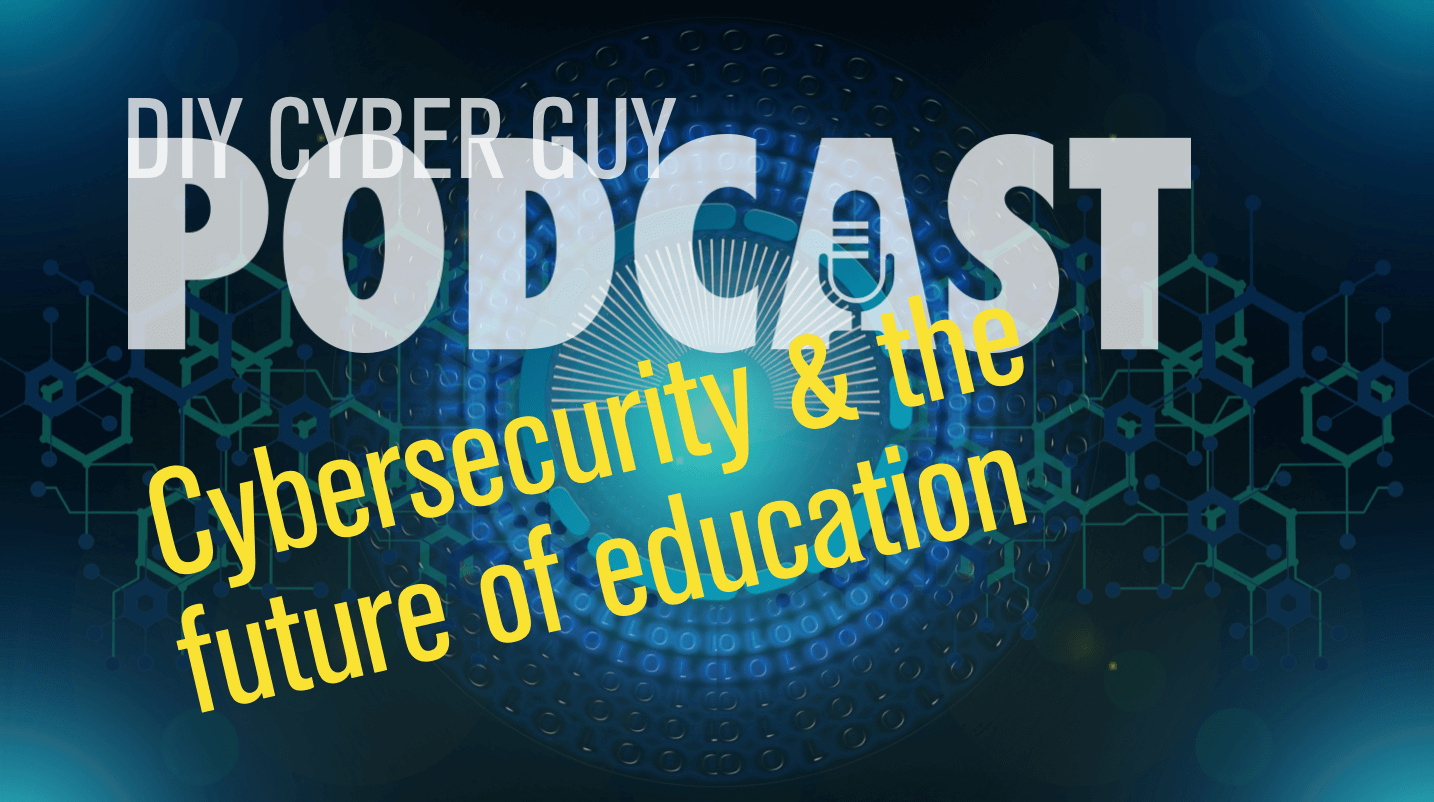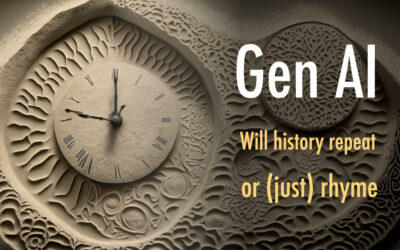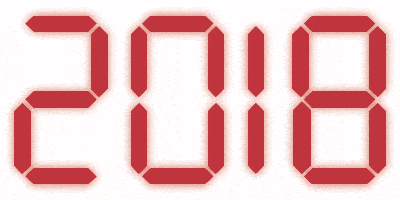I have been teaching summer course in our master’s program for years now and for the most part have found them to be the most enriching teaching experiences I have had. These are intense 8 hours a day, 5 days a week programs that typically go on for a month. [We are currently experimenting with a hybrid version but that’s a story for another day.] I haven’t written much about these programs, despite having taught them multiple times, but for one book chapter that was written many years ago (but for one reason or other was published just last year, in 2007).
This came up as I was trying to respond to an email from Karin S. Forssell, a doctoral student at Stanford in the Learning Sciences and Technology Design program, who also is a technology mentor for a local middle school. She asked for ideas for how to get a mixed group of K-12 teachers from different subject areas to think about TPACK. The wide range of grade levels and subject matter areas (not to mention technology skill-levels) makes such workshops particularly challenging. As Karin described, it is easy for these to degenerate into “one of those frightfully disconnected summer technology workshops.”
Addressing this diversity (in content, grade level and technology knowledge), as it turns out is the fundamental problem faced by our summer program as well.
As I was writing a reply to Karin I realized that this paper had not been archived on my website – so I am taking this opportunity to do so.
Mishra, P., Hershey, K. & Cavanaugh, S. (2007) Teachers, Learning Theories & Technology. In M. Girod & J. Steed (Eds.), Technology in the college classroom. Stillwater, Oklahoma: New Forums Press. p. 55 – 75.
Abstract: This essay describes a month-long, intensive educational technology master’s program for practicing K-12 teachers. Rather than teaching teachers only to use technology tools and software, as if often done in such programs, the aim of our courses was to foster appreciation for the complex set of interrelationships between artifacts, users, tools and practice. We attempted to do this by incorporating theories from educational psychology within the context of educational technology. We wanted to do justice to (a) the educational psychology concepts and ideas to be covered in the courses while (b) providing opportunities for teachers to learn and use technology in an integrated fashion with the psychological concepts. The essay further describes the pedagogical approach used to design the course, provides examples of activities used to carry out this design, and brief commentary on our experiences as instructors and those of our students.
Note: You can see just how dated this article is by the fact that the TPCK framework is described quite obliquely – though the germ of it is still there.




0 Comments